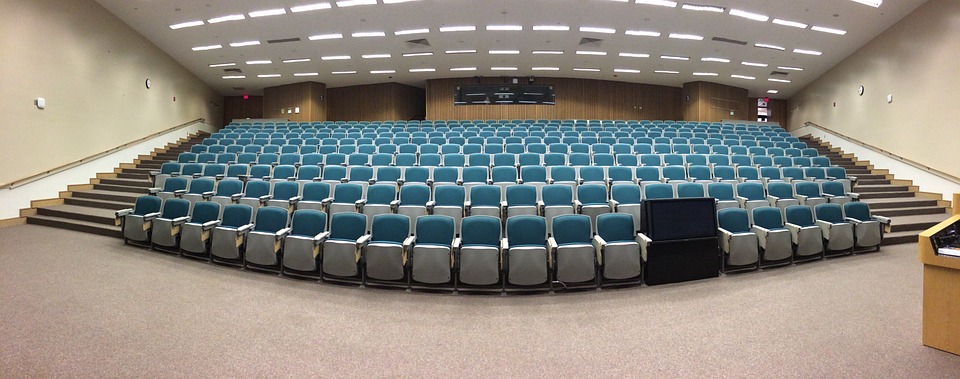From Tragedy to Comedy: Exploring the Rich History of Theatre Genres
Theatre has always been a powerful form of storytelling, allowing us to experience a range of emotions through different theatrical genres. From tragedy to comedy, each genre has its own unique characteristics and history that have shaped the theatrical landscape throughout the centuries.
Tragedy, one of the oldest theatrical genres, originated in ancient Greece in the 5th century BCE. These performances often focused on the flaws and downfall of a tragic hero, with the aim of evoking empathy and catharsis in the audience. Greek tragedies, such as the works of playwrights like Sophocles and Euripides, explored deep human emotions and moral dilemmas, touching upon universal themes of love, power, and fate. These timeless plays continue to resonate with audiences today, reminding us of the fragile nature of human existence.
Fast forward to the Elizabethan era in England, and we encounter the rise of another prominent theatrical genre: comedy. Playwrights such as William Shakespeare revolutionized the comedy genre, infusing it with wit, wordplay, and a delightful exploration of human foibles. Comedies aimed to provide light-hearted entertainment, often featuring mistaken identities, humorous wordplay, and romantic entanglements. Shakespeare’s works, such as “A Midsummer Night’s Dream” and “Twelfth Night,” showcased his ability to blend romance and humor, creating enduring comedic masterpieces that continue to amuse audiences to this day.
As theatre evolved and moved into the realm of modernity, the boundaries between genres began to blur. The 19th and 20th centuries saw the emergence of genres such as tragicomedy and dark comedy, which combined elements of both tragedy and comedy to create a unique blend of emotions. Playwrights like Anton Chekhov explored the complexities of human relationships and the absurdity of life through plays like “The Cherry Orchard” and “The Seagull.” These works showcased the inherent contradictions and ironies of existence, adding layers of depth and complexity to the theatrical experience.
In addition to tragedy and comedy, there are numerous other theatrical genres that continue to captivate audiences. Musicals, for example, combine elements of music, dance, and drama to create a vibrant and engaging experience. From “Les Misérables” to “Hamilton,” musicals have become a staple of the modern theatre, captivating audiences with their catchy tunes and compelling narratives.
Moreover, experimental theatre has pushed the boundaries of traditional genres, exploring unconventional techniques and themes. This genre aims to challenge societal norms and provoke thought, often tackling sensitive and controversial topics.
Theatre genres have continually evolved to reflect the ever-changing landscape of society. From the tumultuous tragedies of ancient Greece to the witty comedies of Shakespeare, theatre has served as a mirror to human experiences and emotions. It allows us to explore the depths of human existence, transcending time and culture.
As we delve into the rich history of theatre genres, we are reminded of the power of storytelling, the universality of human emotions, and the transformative nature of the theatrical experience. Whether through laughter or tears, tragedy or comedy, theatre continues to mesmerize us, taking us on a captivating journey through the vast tapestry of human experiences.

